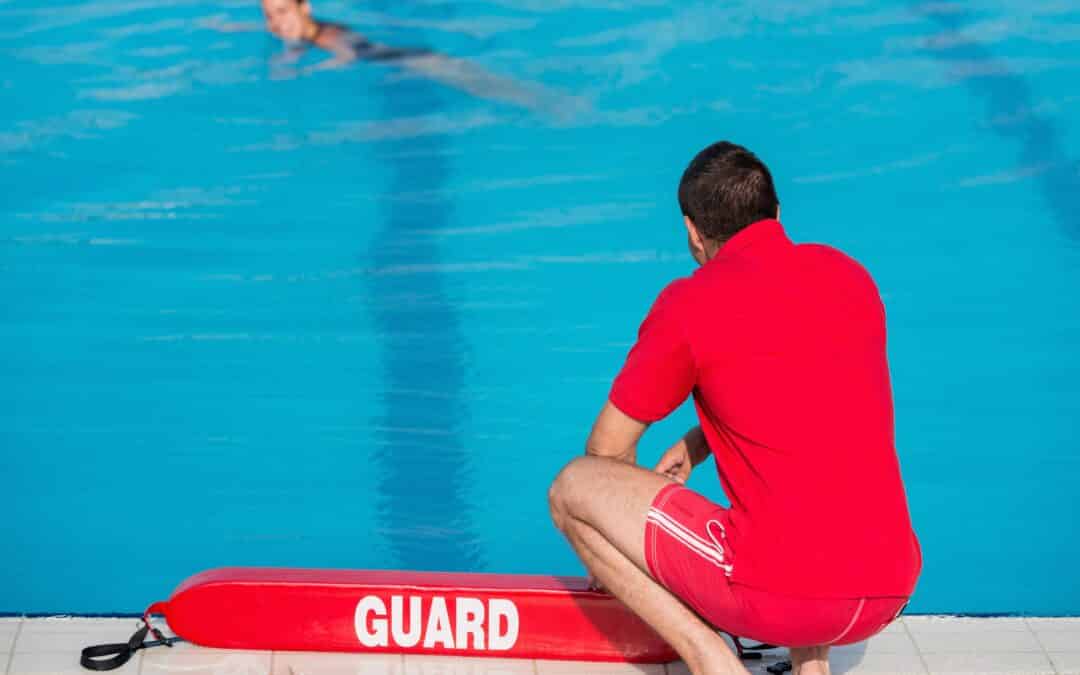
Lifeguarding is a responsibility that requires unparalleled focus, skill, and quick decision-making. When lives are on the line, the quality of training a lifeguard receives can mean the difference between life and death. Enrolling in a lifeguard class taught by experienced professionals ensures that trainees are fully equipped to handle the challenges of this critical role. This article explores why expertise in lifeguard training is essential and how it shapes competent and effective lifeguards.
Why Expertise Matters in Lifeguard Classes
1. High-Stakes Environment
Lifeguards operate in environments where emergencies can escalate in seconds. Training led by experts ensures participants gain the skills necessary to remain calm under pressure and act decisively. Instructors with real-world experience provide invaluable insights into managing high-stakes situations effectively.
2. Accurate Knowledge Transfer
Expert instructors bring a wealth of knowledge to their teaching, ensuring trainees learn correct techniques and best practices. From performing water rescues to administering CPR, expertise ensures that no critical detail is overlooked.
3. Real-World Scenario Training
Experienced trainers simulate realistic emergency scenarios, helping trainees develop situational awareness and confidence. Practical training prepares lifeguards to respond effectively to the unpredictable nature of emergencies.
Core Components of Lifeguard Training
A lifeguard class led by seasoned professionals will cover a range of essential topics, including:
1. Water Rescue Techniques
- Active and passive victim rescues.
- Use of rescue equipment like tubes and backboards.
- Strategies for handling multiple victims in distress.
2. CPR and First Aid
- Chest compressions and rescue breathing techniques.
- Management of choking incidents and cardiac emergencies.
- Treating wounds, burns, and other common injuries.
3. Prevention Strategies
- Identifying potential hazards in aquatic environments.
- Monitoring swimmers for signs of fatigue or distress.
- Enforcing safety rules to minimize accidents.
4. Emergency Protocols
- Communication with emergency medical services.
- Handling spinal injuries and other critical conditions.
- Coordinating rescues with fellow lifeguards.
Benefits of Expert-Led Lifeguard Training
1. Comprehensive Skill Development
Expert instructors cover both theoretical knowledge and practical skills, ensuring trainees are well-rounded and prepared for various scenarios.
2. Confidence Building
Learning from experienced professionals builds confidence. Trainees can trust their skills because they’ve been taught by individuals who have faced and resolved real-life emergencies.
3. Focus on Modern Techniques
Lifeguard training evolves with advancements in safety protocols and medical knowledge. Expert instructors stay up-to-date with the latest practices, ensuring trainees receive current and relevant training.
The Role of Certification Organizations
Many lifeguard classes are offered by accredited organizations such as the American Lifeguard. These institutions set high standards for lifeguard training and employ experienced instructors to deliver their programs. Certifications from these organizations are widely recognized and respected in the industry.
Choosing the Right Lifeguard Class
When selecting a lifeguard class, look for programs that prioritize instructor expertise. Consider the following factors:
-
Instructor Credentials
Ensure the instructors have certifications and practical experience in lifeguarding and emergency response. -
Comprehensive Curriculum
Verify that the program covers all essential aspects of lifeguarding, including water rescues, CPR, and injury prevention. -
Hands-On Training
Practical sessions should be a core component of the program, allowing trainees to practice skills in a controlled, real-world-like setting. -
Positive Reviews and Recommendations
Seek feedback from past participants to gauge the quality of the training.
The Impact of Expert Training on Lifeguard Performance
Lifeguards trained under expert supervision are more likely to excel in their roles. They demonstrate:
-
Quick and Effective Responses
A strong foundation in emergency protocols enables swift and efficient action during crises. -
Proactive Accident Prevention
Knowledge of risk factors allows them to intervene before incidents occur. -
Team Coordination Skills
Expert training emphasizes communication and teamwork, crucial for managing large aquatic environments.
Finalization
The importance of expertise in lifeguard classes cannot be overstated. Lifeguards are entrusted with safeguarding lives, and their training must reflect the gravity of this responsibility. By choosing a program led by seasoned professionals, trainees gain the skills, knowledge, and confidence needed to perform their duties effectively. Investing in expert-led training ensures not only better lifeguards but also safer aquatic environments for everyone.



Leave a Reply